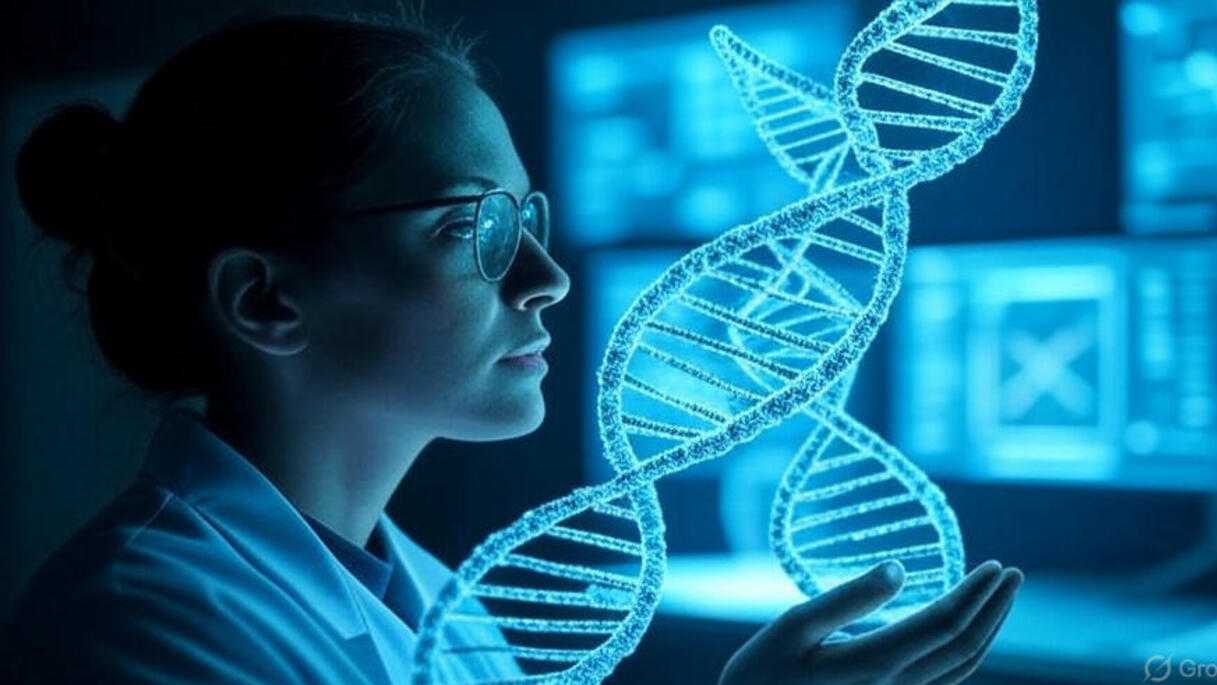Truth & Goodness
Poison on a Plate: What Drives Us to Eat Dangerously?
01 March 2026

Should humanity start designing itself? A question that until recently belonged to the realm of science fiction is now becoming reality. Specifically, a group of leading British scientists has launched Project SynHG – an attempt to build a fully functional, artificial human chromosome from scratch. This is a step that could give us the key to overcoming genetic diseases, however, it might also open an ethical Pandora's Box.
British scientists are aiming to achieve something unprecedented. Indeed, building an artificial human chromosome from scratch, without replicating existing DNA, is an ambitious project that also presents significant ethical challenges. Named SynHG, this project could fundamentally transform our approach to treating diseases, genetic therapies, and our understanding of human biology. Work is already underway, and consequently, the potential impact is revolutionary.
A team of researchers from the Universities of Oxford, Cambridge, Kent, and Manchester intends to construct one of the human chromosomes from the ground up. Chromosomes are what contain DNA, our genetic material. However, crucially, the first step involves creating a digital version. The developed segment of the artificial human chromosome is expected to comprise approximately 2% of the entire genome, yet its significance could be immense.
“The ability to synthesize large genomes has the potential to transform our understanding of genetics and impact biotechnology and medicine,” explains Jason Chin, project leader from the University of Oxford, in an interview with Science Alert.
Furthermore, in the future, the artificial human chromosome could serve as a platform for testing new gene therapies, designing infection-resistant cells, and creating tissues for transplantation.
Recommended: The Secret to Longevity? It’s Your Coffee, Drunk This Way
Until now, artificial genomes have only been successfully constructed in simple unicellular organisms. By contrast, these organisms have significantly fewer chromosomes and millions, not billions, of base pairs, whereas the human genome is in a much higher league. It contains an astounding 3 billion base pairs distributed across 46 chromosomes. Therefore, the very idea of creating even a fragment of it from scratch is an enormous undertaking.
Scientists estimate that building a single artificial human chromosome will take five to ten years. This is a long-term goal, but nevertheless, it could usher in an era of designed DNA.
An artificial human chromosome does not mean scientists are trying to create entirely artificial life. Despite this, the concept may raise concerns. However, the researchers involved in the project assure that they are working closely with experts in bioethics, law, and policy. They want to ensure that the work is conducted responsibly.
“We need to recognize that this kind of work is controversial,” says Sarah Norcross, director of the Progress Educational Trust.
“Society needs to understand what this research is, and moreover, scientists should listen to the public voice,” she adds in an interview with the BBC.
Consequently, such initiatives could, in the future, influence issues related to reproduction, gene therapies, and even the definition of humanity.
The SynHG project has already garnered significant financial support, with the Wellcome Trust allocating £10 million for its development. The scientists emphasize that creating a fully functional artificial human chromosome is just the beginning. Indeed, in the future, such structures could be produced and utilized in medicine on a large scale. Will this vision materialize? It’s uncertain.
One thing is clear: science has just taken the first step toward a completely synthetic human genome. Therefore, all signs indicate there’s no turning back from this path.
Read the original article: Zabawa w Boga? Naukowcy tworzą sztuczny chromosom

Truth & Goodness
01 March 2026


Zmień tryb na ciemny